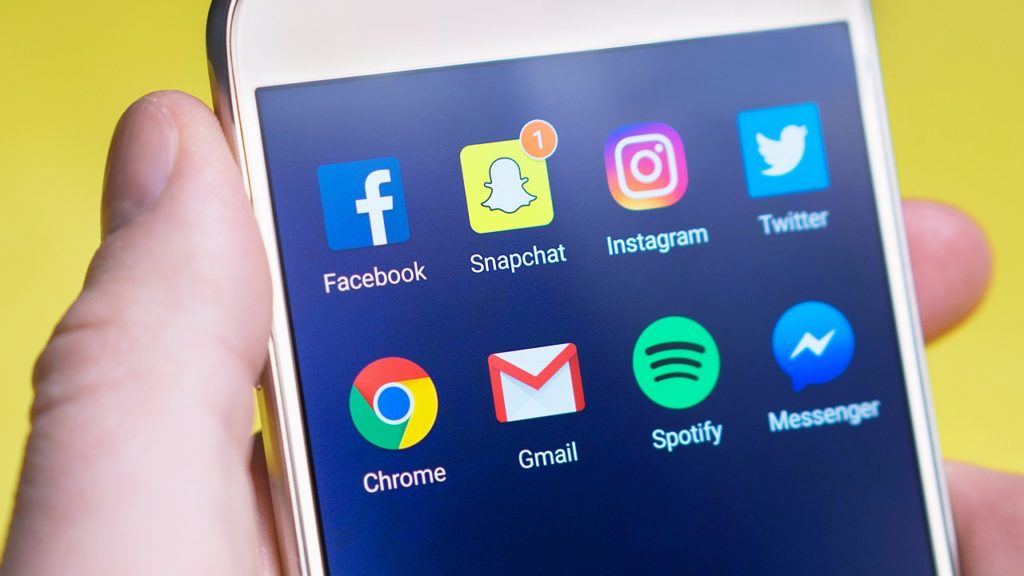
In today’s digital world, social media has revolutionised the way people communicate with their friends and loved ones. On Facebook alone, there are over 2.2 billion monthly users as of April 2018. While they have a huge impact in our daily lives, they also pose a potential privacy issues. As you go about using your social media accounts, you also need to know about social media privacy.
Privacy issues, just as what we published about Cambridge Analytica, are an important and a rising problem amongst internet users. Check out below to know about it.
The Risk of Using Social Media
Hackers abound in the different social media channels. They are just hanging around waiting for a victim. Their approach is simple—they use shortened URLs created with bit.ly. When you click the link, you will be directed to harmful sites that will inject a virus into your computer or mobile phone. Aside from that, they also use spyware which can be easily installed on mobile devices remotely through downloads, emails, shortened URLs, or instant messages. Once installed, hackers can access information about your passwords on social media networks. Keep yourself from being a victim by not clicking on the links unless you are sure of its actual source.
Social media sites like Facebook, Twitter, LinkedIn, and others require various personal information like birthdays and email address. Hackers will use the information you inputted on these networks to collect your personal information. This is where your social media privacy gets compromised. Once they get your personal information through your profile, they can simply click “forgot password” and then recover the password through email. With access to your email account, they can basically access your personal information.
Most of the social media sites have information that’s required, like your birthday and email address. Identity thieves tend to gather their victims’ personal information from the information available on the social media sites. Many identity thieves tend to hack their victims email accounts by simply using the personal information available on social media profile. For instance, one of the more common techniques used by identity thieves, is clicking on the “forgot password,” and then trying to recover the password via email. Once they access your email account, they basically have access to all of your personal information.
There are also issues arising on the use of personal information or data on social media platforms. Many are concern with how much private details have been shared all around the world because of its utilisation in the digital world. Let\’s face it, it\’s not impossible that there are people who can use such information for illegal activities.
How To Protect Your Privacy
The following tips can help protect you from hackers and identity theft:
- Create a strong password. The stronger your password, the harder it will be to guess. Include special characters like symbols, numbers, and capital letters. Avoid using common passwords like your child’s name, wife’s name or birthday.
- Review your social media profile. Pay close attention to the way each profile offers protection to sensitive personal details. Facebook, for examples, lets you restrict access to certain friends, family members, or colleagues. You can also take advantage of enhanced privacy options like blocking messages from strangers.
- Install a good antivirus and anti-spyware. Make sure that the software you will use offers protection from malware, viruses, and spyware. Get the latest version and regularly update it with the latest malware definitions.
- Set your profile to private. In doing so, you\’re restricting just about anyone that you don\’t know from peeking through your personal information. This is the best way to hide yourself from third party individuals that can use your identity without your knowledge.
The most important thing, never ever click on any posts that might contain a mysterious activity; such as hacking and a virus. There are lots of clickbait articles and fake news running rampant on Facebook that one cannot actually tell if it’s real or not. What you can do about it is search in Google about a certain topic you’ve seen and look if it’s legit before clicking. Read through the snipper (or the small description provided when you do a search).
Businesses using social media.
There are many businesses that uses social media as their channel to reach out to individuals. It’s easier to do it this way since many consumers are using Facebook, Twitter and Instagram as a part of their daily activities.
And how do they fit in?
With ads and promotional posts, businesses can incorporate their marketing as provided by social media services; consumer reach. And by appealing to stories or posts, probably consumers will click on a promoted ad or even purchase a product.
Business connection to your privacy.
As we have discussed, Facebook has been collecting data from all of its users. This data is the information that users put on their profile pages and this goes the same to LinkedIn, Instagram and all other outlets. With the details they have gathered, they can then manipulate the algorithms in order to show users targeted ads.
And these ads are bought by businesses.
This means that the information taken from the users are sold to business for their own purpose.
This is the very reason why there’s a need for you and for everyone to always read terms and conditions before registering in to an online platform.
Why you need to protect your privacy?
Privacy is a human right – it is a given right. It doesn’t matter where you are or whatever you do with it, protecting your privacy is important. You contain the most vital aspect to have as a waking individual and that’s your information.
Signing in to these social media platforms is a risk but it’s something for you to decide. If you do, however, you just need to make sure what details you want to post on such websites.

